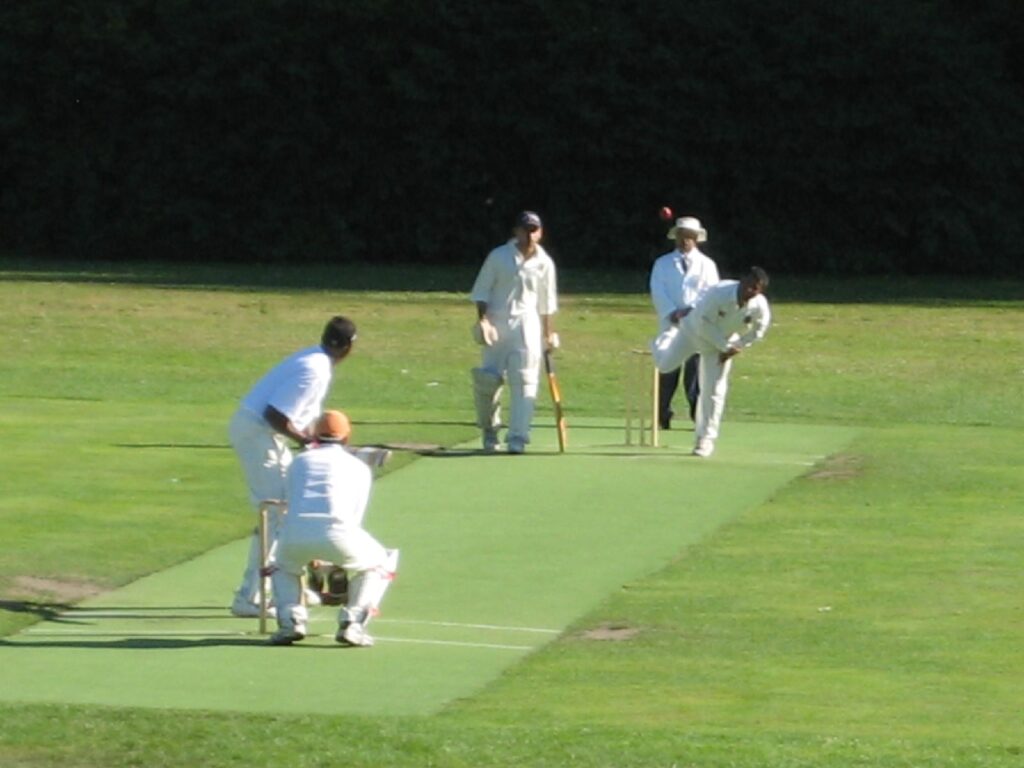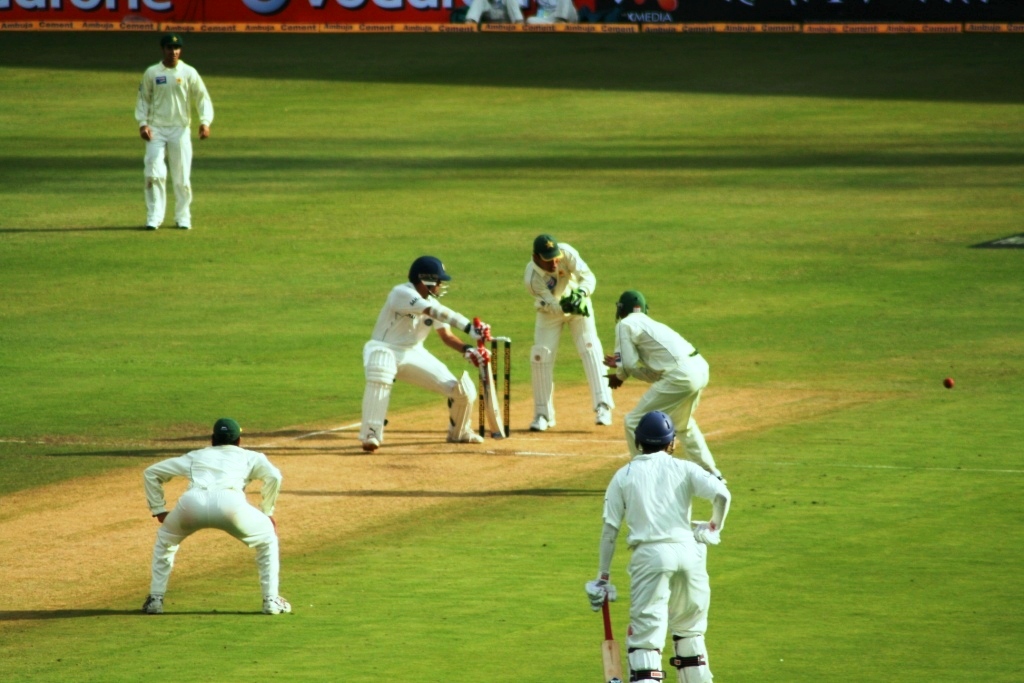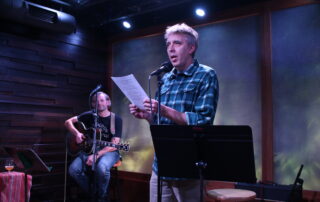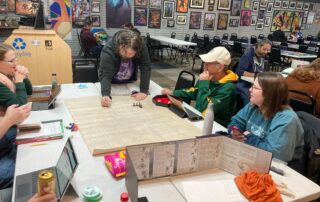Sports have a special way of bringing a diverse group of people together, even if the fans aren’t rooting for the same teams.
Dr. Arif Ahmad reflects on a cricket tournament in Madison where the pre-game jitters were high. It wasn’t necessarily because of the tournament itself, but because of the countries many of the players came from: India and Pakistan — two countries with decades of tension. The writer and cardiologist shares a poem about that day.
==
32 EXPATRIATES, PAKISTANIS, AND INDIANS AGAINST A NUCLEAR STANDOFF
(March 2019)
For Pakistanis and Indians everywhere and in the US, in a week of seesaw diplomacy and unsettling war games.
I am nervous.
An ongoing cricket tournament in Madison, Wisconsin, USA, where Indians and Pakistanis mix up and play.
Though I was nervous with more questions than answers, more doubts than convictions.
Not for the game but for the gamesmanship.
Would we still come together to play, or cancel and stay, in our respective bubbles?
And just like that, the night came and passed, we did gather and play, all trying and going out of their way, to be more gracious, more generous.
Acutely aware of our global citizenship, this one big mother village, our interdependence.
32 expatriates, Pakistanis, and Indians, against the odds, playing cricket over war, choosing team play, and maintaining discourse.
==
Dr. Arif Ahmad shared that writing about finding harmony through a game of cricket in Madison. He talked with WPR’s Maureen McCollum about the meaning behind the poem.
(This interview has been edited for brevity and clarity)
Maureen McCollum: You grew up playing cricket?
Arif Ahmad: I grew up playing cricket. I still play cricket.
Growing up, this is a sport which has been around the longest. And you know who taught us cricket? The English. So cricket came to subcontinent India and Pakistan when British ruled over Indo-Pakistani subcontinent and they brought cricket with. And that’s how they taught us cricket.
MM: What do you love about the sport so much?
AA: It’s a good sport. It’s a fair sport. It gives you a good balance. It’s an English version of baseball and I just like it. I never thought about why I loved it. This is the first time I’m thinking about why do I love cricket? Well, I just like it!

A game of cricket is played in Canada in August 2006. (Photo by Joe Goldberg/Flickr)
MM: Can you talk about the day of the tournament and the events surrounding this moment that drove you to write about this?
AA: So this was a time of a tense standoff between India and Pakistan, who are both neighbors and both are nuclear-armed. We were playing this tournament here (in Madison) and it was a tense time. It was all over the international news because these two nuclear-armed nations are at each other’s throats and not backing off. So that’s when this piece came about.
The more I think about it, the more I realize that religion, race, region … How can we fight over these things which we don’t choose but (we) are born into?
Another important concept which I bring out is peace for all. It’s very basic — just like good air, good quality air, good quality water. Peace for all is a very basic human need.
MM: So the teams that played, were Pakistani vs. Indian players playing against one another?
AA: No, we mix and play.
MM: I really liked the line in your poem, “Playing cricket over war.” Just imagine that on a bigger scale.
AA: Yeah. I mean, we are sitting in your office here and we are thinking of these idealistic solutions, scenarios. But, that’s important. It’s important to lay out these words and these lines and historical perspective so tomorrow they’re out there as a roadmap for a better world.
You know, it’s amazing. This Pale Blue Dot, (what) our planet was called the first time it was looked at from a distance. We are a tiny, tiny part of the universe.
It amazes me how interdependent we are and we pretend that we are not. Look at the pandemic — the ripple effect of the pandemic — the Ukraine war, the climate change. We are so interdependent on each other’s success. It’s smart to accept that and work all people in one direction.
==
MUSIC: “When an Old Cricketer Leaves the Crease” by Roy Harper








